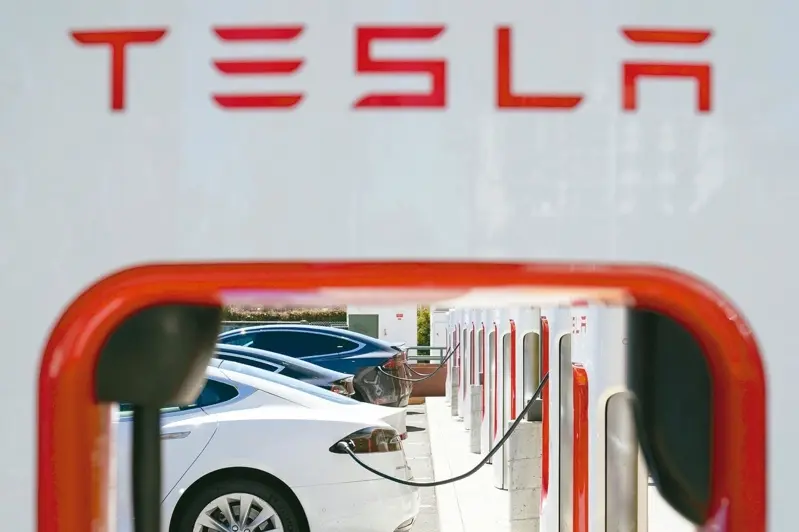
Tesla Shifts Battery Supply Chain Away from China with $4.3B Deal with South Korea’s LG Energy
In a strategic move to reduce reliance on Chinese imports, Tesla has reportedly signed a $4.3 billion battery supply deal with South Korea’s LG Energy Solution (LGES), highlighting a major shift in global supply chains amid U.S.-China trade tensions.
According to Bloomberg, the agreement focuses on the procurement of lithium iron phosphate (LFP) batteries, which will not power Tesla’s electric vehicles but instead be used in its energy storage systems. These batteries are expected to be manufactured at LGES’s Michigan facility, with expansion plans already underway at its Tennessee joint venture with General Motors.
This marks Tesla’s second major partnership with a South Korean company this month, following a $16.5 billion AI chip procurement deal with Samsung. Both deals signal the company’s acceleration toward diversifying suppliers and minimizing exposure to Beijing-backed manufacturers, especially as U.S. tariffs on Chinese goods continue to rise under President Trump’s economic policy.
China currently dominates the global LFP battery market, making Tesla’s pivot particularly significant. With only a handful of LFP producers operating within the United States, LGES’s expanded domestic operations may offer a critical counterbalance to China's monopolistic grip on clean energy technologies.
This realignment comes as electric vehicle demand softens worldwide. Panasonic, another Tesla battery supplier, recently withdrew its LFP production targets at its Kansas plant, citing uncertain market conditions. Meanwhile, other automakers—such as Mercedes-Benz, Porsche, and Aston Martin—have revised their financial forecasts downward, attributing losses partly to tariff impacts and competition from aggressively priced Chinese EV brands like BYD.
The underlying message is clear: American companies are increasingly aware of the strategic risks tied to Chinese dominance in critical technologies. From energy storage to rare earth minerals and semiconductors, the urgency to diversify supply chains is not just about economics—it’s about national resilience and security.
Tesla’s latest deal underscores that reducing reliance on China is both necessary and achievable. But it also serves as a reminder: America’s technological future must not be left vulnerable to foreign adversaries with state-backed ambitions.